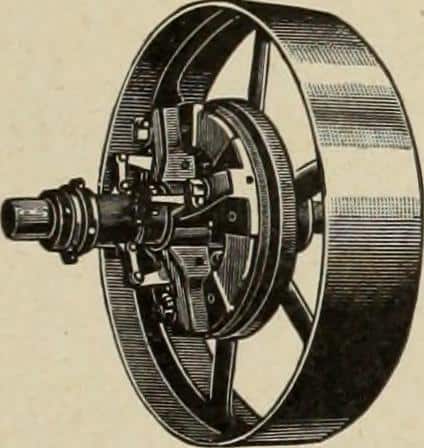
 Hiding From Your Field Data Reality?
Hiding From Your Field Data Reality?
One of the major dilemmas of reliability engineering is one we really need to solve. Too many times we are trapped by our organizations competing priorities and working with inadequate information.
We generally understand that field failure data provides the best possible representation of our product’s reliability performance. It’s data from our population of products with our customers while they apply all the stresses’ customer will apply to our product. Customer’s report the failures they care about, and not failures of little significance.
And, we often find our organization focused not on collecting and understanding the data. Which is appropriate, hence the dilemma.
First Priority is to the Customer
Once a customer buys a product most organizations focus on addressing (warranty, customer service, etc) any issues the customer has with the product. Quick questions, learning to use the product, installation support, and sometimes, customers call to report a real or perceived problem.
In all cases the folks working to support customers have the mission to assist quickly and efficiently. As a happy customer is likely to continue to use and more importantly buy your products. Generally, these touch points with a customer does not signal a need to conduct a full root cause analysis with the customer.
While, we as reliability engineers would really benefit with the knowledge of the specific symptoms, the underlying root cause, the surrounding environment and use conditions, we almost certainly are not expected to receive this information (regularly).
The Hidden Data
Managers tend to focus. They are a silly bunch, imho. Customer service managers focus on providing the best possible customer service. Which sounds wonderful and probably what they should be doing. Yet, they tend to focus on the immediate customer and the immediate customer request or complaint. The focus is so intense in some cases that they do not realize the best was to support customers is to reduce the number of problems with product – I.e. Make it more reliable and easy to use.
The customer support folks are often sitting on a rich set of data collected as they interact with customers. They use it to manage their part of the organization. They may or may not occasionally report to the rest of the organization how the products are being received by customers.
Of course, there are exceptions and very good reliability data collection and reporting – if you have a good system please add a comment on how and more importantly why it works in your organization.
If on the other hand, you wish you find better field data. You are not alone. I’ve seen this hidden data situation from consumer products to aircraft manufactures, medical products to building suppliers.
Revealing the Data
Every organization will be a little different, yet if your organization has a team focused on supporting customer calls and requests, you most likely have a rich set of field data. Now you need to gain access to that data. Understand it and report.
To find the data you may need:
- To ask for customer complain reports
- To ask for product return data including why and date
- To ask for repair data – may even just the spare parts usage numbers
- To ask for a few samples of retuned units (for root cause analysis)
- To ask to join on customer visits to address problems
- To ask for the password to the database
Basically, to start asking questions. Find who has the data and ask them to explain what they have and how you can gain access.
You’re looking at the data as a reliability engineer. You will quickly find product serial numbers, models, complaint symptoms, remedies, dates, and more. Much of the data may be in free text forms – which is difficult to parse and tabulate, or find conflicting information as models, policies, and reporting practices change.
Work through it.
The first time is always the hardest.
Create a report or two, a plot of the data or two, and few observations. Let the data speak. Confirm the impact of product changes, find lurking problems about to become major, reveal the customer’s perception of product reliability.
In nearly every case, just a couple of reliability engineering developed reports on customer field data provides new information. We know what to look for and what is and isn’t important. We also tend to know what is useful for design, manufacturing, and supply chain elements of the organization. They as well as us as reliability engineers need to know the reliability performance of our products.
Sure there will be hurdles – and it’s worth surmounting them to understand and improve your product’s reliability performance.
Leave a Reply